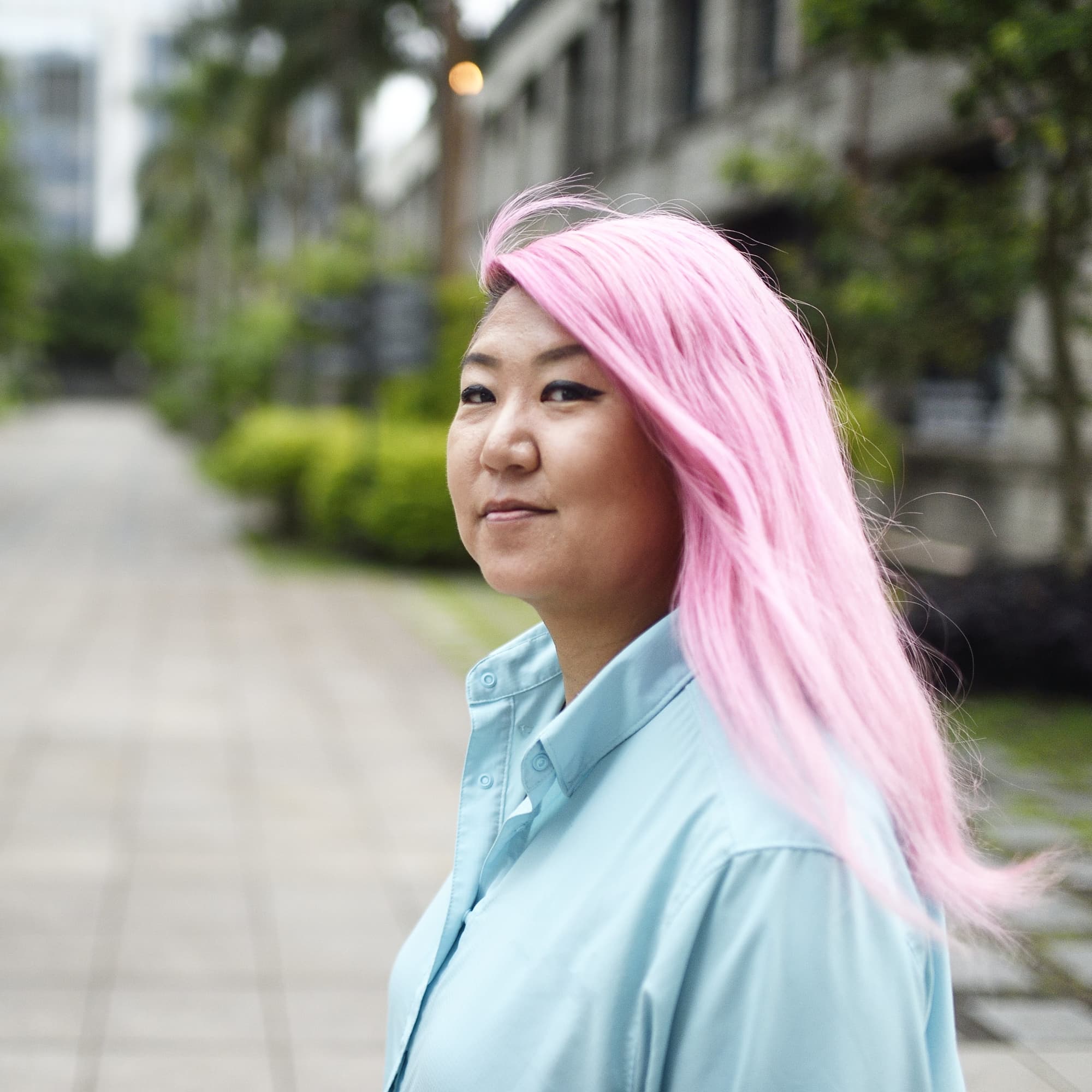
- POPSUGAR Australia
- Fitness
- 7 Ways to Check In With Your Asian American Friends Without Saying, “How Are You Doing?”
7 Ways to Check In With Your Asian American Friends Without Saying, “How Are You Doing?”

Across the country, we’ve seen an alarming rise in violence against Asian Americans over the past year. In New York City, police reported a 1,900 percent increase in hate crimes motivated by anti-Asian sentiment in 2020. Stop AAPI Hate released figures showing that, since the pandemic began, 1,226 self-reported acts of hate and discrimination against Asian Americans took place in California alone. Today, a white man was arrested and charged for the murder of eight people at three spas in Atlanta. Six of the victims were Asian women. While racism against Asian Americans and Pacific Islanders (AAPI) has always been present (see: the damaging model minority myth), for many people, it’s taken the rampant xenophobic violence of the past year to show how deep-seated these sentiments really are.
If you’re non-AAPI, you might be wondering how to reach out to your AAPI friends and family during this time – or if you even should. As YR Media mental health editor L’Oreal Thompson Payton pointed out on Twitter, reaching out an AAPI person with whom you don’t have a current relationship (like an old classmate or colleague) “can do more harm than good.” If you’re white, she explained, “essentially you’re looking to us [insert marginalized person here] to help assuage your white guilt. Which actually creates emotional labour on behalf of the marginalized person.”
In other words, “Know your relationship,” said therapist Edward Lee, LMHC. “Your reach-out should come from a genuine and authentic place. It should be congruent with your relationship.”
If you are on close speaking terms with an AAPI person, it’s appropriate to speak out and offer them your support, even if you feel awkward doing so – it’s better than staying silent. Still, there are a few definite do’s and don’t’s to make sure you aren’t accidentally deepening their trauma or harming their mental health further. Ahead, find seven tips for how to reach out to your AAPI friends in a way that acknowledges their pain and lends support.
Say: "I'm Here If You Want to Talk"
Asking an open-ended question like “how are you doing?” or “is there anything I can do for you?” might feel like the right way to start this conversation, but that actually puts the emotional burden on the person you’re talking to. You’re asking them to potentially expose painful emotions and make themselves vulnerable, and that might be the last thing they feel like doing. “Every person has their own process of dealing with situations,” Lee said, “so our words should be supportive and should provide the space to talk if that is what is wanted. No one should be forced to talk, but we should be ready to listen.”
Lee recommended saying, “Hey, there’s a lot going on right now and I was thinking about you. If you’d like to talk, I’d love to listen. If not, that’s cool too. Just know that I’m here for you and I got your back.” This gives them the option of talking if they want to, without forcing them to open up if they don’t.
Ask Yourself What Your Motivation Is
Before you reach out, check in with yourself and be clear about why you’re doing so. If you’re angry, frustrated, confused, or feeling lost, consider reaching out to someone else. The last thing you want is for someone who’s already processing their own grief or trauma to have to stop and console or educate you about it, “especially if they don’t fully understand it” either, Lee said.
On the flip side, if you are concerned and want to support your friend, “reach out with that intention,” he explained. Think of it as “reaching out with your ears, not your mouth”; you’re here to listen and support them, not talk about your own feelings.
Lee recommended this “litmus test” before you reach out: if you get in touch and they don’t respond, will you be totally fine with that? If so, go ahead and reach out. If not, “check yourself first. In this current situation, this is about them, not you.”
Validate Their Feelings and Experience
If your friend does choose to open up, make sure you’re not questioning or refuting their feelings. Instead, “use words that validate the hurt,” Mai and Whitlock said. They recommended phrases like, “This is a hard issue to talk about. I appreciate you trusting me with your anger and sadness,” “I hear you’re upset and I get it,” or “I’m sorry you had to go through that.”
By the same token, don’t tell them what you think they should be feeling, either, Lee said. (For example, saying something like “I thought you’d be more upset,” “Why are you so mad?”, or “Why aren’t you more mad?”) Again, your ideas and emotions are not the focus here. Leave your expectations at the door and remember that whatever they’re feeling is valid.
Don't Get Defensive
Getting defensive (“but I’m not racist”) centers your own experience and takes the focus off of the real issue: racism and your friend’s experience with it. If you’re white, accept that you live a different racial reality than people of color and know that “it may be hard to believe something you have not experienced personally,” wrote social workers Trinh Mai, LCSW, and Megan Jean Whitlock, LCSW, both of the University of Utah. Is your first reaction to rule out racism? If so, ask yourself why and how your experience as a non-AAPI person is informing that.
Avoid Assumptions
Don’t presume you know how your friend feels about this issue. “Everyone is in their own process of dealing with the situation,” Lee explained. He also noted that many in the AAPI community may not be very comfortable talking about themselves. “Many are used to ‘putting your head down,’ ‘not drawing attention,’ and ‘working through it,'” he said. “We need to recognize that everyone is figuring things out at their own pace and in their own place.”
Relatedly, Lee cautioned against generalizations. “There are billions and billions of Asians with many different, distinct cultures,” he said. Don’t generalize across cultures or individuals, because everyone will have their own experience. When you want to show love and support, he recommended simply meeting your friend where they’re at, and going from there together.
Ask Questions, If Appropriate
First, make sure your friend is up to sharing more about their experience. (“Is it OK if I ask you about that?”) They may be grateful for the opportunity to open up, or they might not want to get into it right now, and either way is fine. If you do ask more questions about their experience, show that you’re coming from a place of care and curiosity. Make sure they know they don’t have to answer or can stop the conversation at any point.
Show Your Willingness to Help
Helping can come in different forms right now. If they have experienced a hate crime or racist incident, you can offer to help them report it or get medical attention if necessary. (Here are some first steps for hate crime victims from the Human Rights Campaign.) You can also point them to AAPI mental health resources and help them reach out.
In addition, you can offer them an open invitation to talk about racism, hate crimes, or anything else they’ve experienced or want to bring up. (“I’m here if you ever need to talk.”) Finally, you can ask if there’s anything else you can do to help them, but make sure to do your own research into anti-AAPI bias and violence as well; don’t rely on AAPI people, who are already facing trauma right now, to do the work for you.


